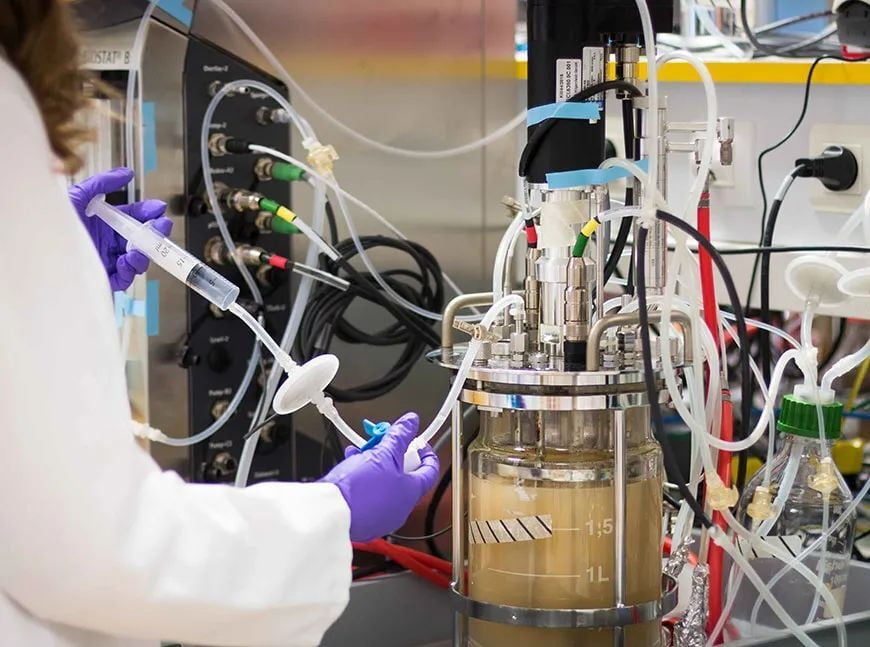Avient recently announced the launch of its latest bio-derived healthcare solution, Versaflex™ HC BIO thermoplastic elastomer (TPE). The original Versaflex HC BIO BT218 grade was developed as a more sustainable alternative to biopharmaceutical tubing and was formulated with nearly 40% first-generation biomass content, resulting in a lower carbon footprint than traditional alternatives.

Improving sustainability is a challenge for all industries, but it is particularly problematic in the heavily regulated healthcare sector," said Avient's Global Marketing Director, Specialty Engineered Materials. We continue to be committed to utilizing materials science to help meet this growing need in a variety of ways, and this product is a great example of that. Creating specialty materials that reduce carbon emissions at the beginning of a product's life cycle is one way we can support our customers in meeting their sustainability commitments and maintaining critical performance needs."
With a Shore hardness of 71A, the material offers key application properties such as weldability, kink resistance and tensile strength comparable to leading medical tubing including silicone and standard TPEs. In comparison, the bio-derived grade has a greenhouse gas emission of 2.35 kg CO2e/kg, which is nearly 25 percent lower than the cradle-to-gate product carbon footprint (PCF) of Avient's standard Versaflex HC BT218 grade.Avient's methodology for calculating the PCF follows the ISO 14067:2018 standard and is TÜV Rheinland Certification.
The new Versaflex HC BIO BT218 grade is USP Class VI and ISO 10993 certified, and the product is manufactured in the United States and distributed worldwide.

